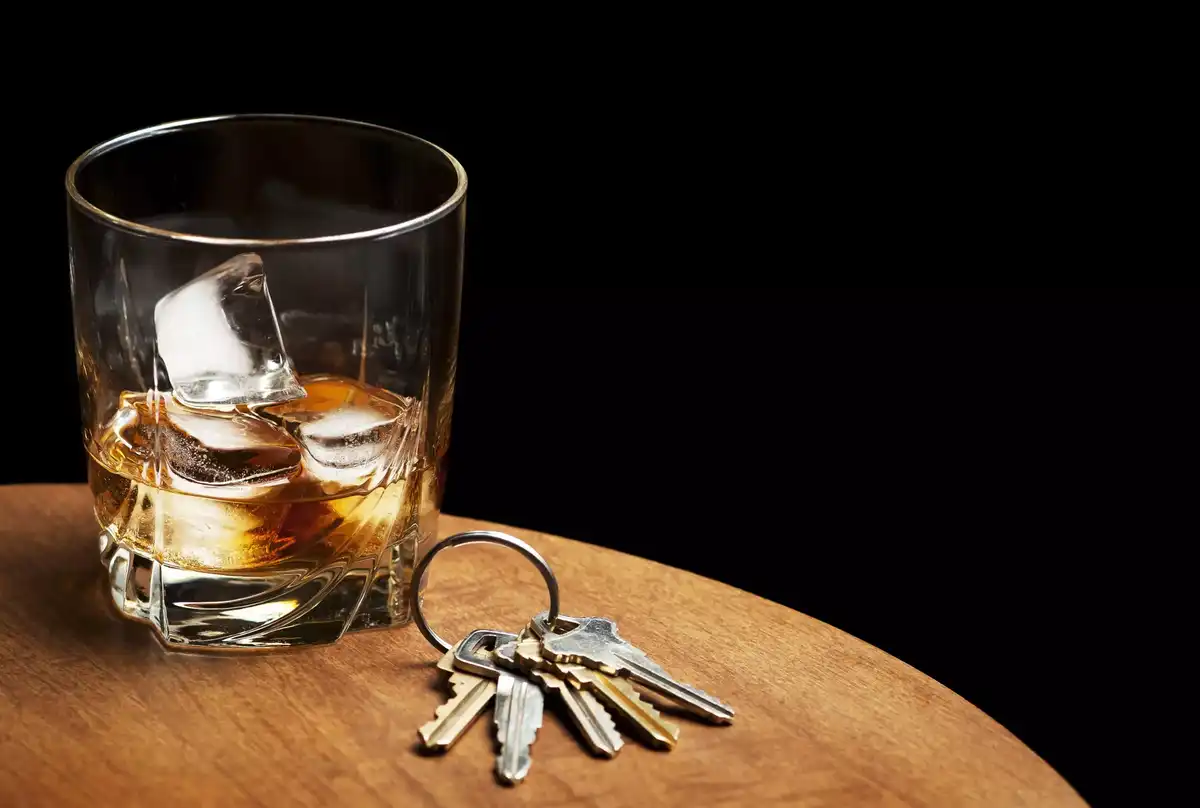 Articles
ArticlesBar owners and liquor store owners should always consider their exposure to lawsuits resulting from their patrons’ conduct. This is the case not only when customers are in the establishment, but also after they have left.
In Alabama, the law imposes liability on bar owners and operators of similar establishments when they serve a visibly intoxicated person who causes injury to an innocent third party.
This is called “dram shop” or liquor liability.
What Is the Purpose Behind the Alabama Dram Shop Act?
The Alabama Dram Shop law, codified in Alabama Code § 6-5-71, is intended to punish the owners of establishments that continue to serve customers after they have become intoxicated.
The law provides a cause of action for victims injured by an intoxicated patron.
It allows the injured party to file a civil lawsuit in court to recover monetary damages from the establishment.
While dram shop laws typically involve injuries and deaths caused by drunk drivers, bars and other vendors may also be held liable for injuries resulting from:
- Deaths due to alcohol poisoning;
- Bar fights;
- Slip and fall accidents; and
- Sexual harassment claims.
Under Alabama common law, victims of drunk patrons can’t seek compensation from bars and other establishments because there is not a strong enough causal connection between overserving alcohol and the injuries the overserved person causes.
However, the Alabama Dram Shop Act extends negligence liability to encompass these types of injuries. The law imposes a high cost on alcohol vendors.
This is justifiable because alcohol vendors profit by selling one too many to intoxicated customers.
Who May Bring a Claim Under the Alabama Dram Shop Law?
There are typically two categories of plaintiffs that file lawsuits under the Alabama Dram Shop Act:
(1) the person injured in person or property; and
(2) the spouse, child, parent, or “other person” who depends on the injured person for support.
The Dram Shop law does not permit recovery for the intoxicated person who is injured by their own intoxication.
However, Alabama courts have held that the spouse and minor children of one who is killed by their own intoxication are covered under the law
How Does a Lawsuit Under the Alabama Dram Shop Act Work?
In general, the Alabama Dram Shop Act has three essential requirements a plaintiff must show before they can recover anything from the establishment.
The Defendant Knowingly Sold Alcohol To A Visibly Drunk Patron
A claim under the Alabama Dram Shop law requires proof that the defendant sold or otherwise furnished the alcohol in their capacity as a vendor.
For example, a bar owner handing out free “Jell-O shots” would be subject to the law. Meanwhile, a social host handing out Jell-O shots to guests would not.
Note that Alabama has other laws similar to the Dram Shop Act that apply to social hosts and minors.
Under the Dram Shop Act signed into law by Governor Ivey on on April 19, 2023, the victim must prove that the defendant knowingly served alchohol to the patron while “visibly intoxicated” at the time of service.
Requiring victims to prove the defendant knew (or should have known) the patron was visibly intoxicated at the time of the service is harder to prove than just that the patron was intoxicated.
The Serving of Alcohol Caused Intoxication
It goes without saying the victim must prove the patron was intoxicated by the consumption of alchohol.
Evidence of visible intoxication may include slurred speech, loud and obnoxious behavior, stumbling, and bloodshot eyes.
Plaintiffs can establish visible intoxication with eyewitness testimony and even video surveillance footage.
Plaintiffs can also use expert testimony to establish the patron’s blood-alcohol level. This may corroborate the eyewitness testimony that the patron ws visibly intoxicated.
The Intoxication Proximately Caused Plaintiff’s Injuries
The old Alabama Dram Shop law made it easier for a plaintiff to establish causation.
Rather than require plaintiffs to litigate whether a bartender acted reasonably, plaintiffs only had to show that the injury occurred “as a consequence” of the intoxication.
This “strict liability” standard meant that it did not matter whether the bartender was reasonable or not.
It also meant an intoxicated patron’s own negligence had no bearing on the establishment’s liability.
Under the revised Dram Shop law, the victim has to prove not only that the bartender knew the patron was visibly intoxicated, but that the sale, furnishing, or serving of the alchohol was the proximate cause of the alleged injury.
How Can Establishments Protect Themselves?
Bars, package stores, and other similar establishments can mitigate the risk of dram shop liability.
One common method is training and certification classes for employees and managers.
This will ensure they can spot visible signs of intoxication. In addition, some insurance companies offer liability coverage.
How Long Do I Have to File a Dram Shop Lawsuit?
The Alabama Dram Shop Act establishes a statute of limitations, or deadline, for filing personal injury claims in court.
This deadline also applies to dram shop and social host liability cases.
Failing to file your case before the expiration of the statute of limitations will result in an Alabama court dismissing your case.
The statute requires plaintiffs to file within two years of the date of injury. If you believe you may have a claim under the Dram Shop law, you should contact an attorney as soon as possible.
Even if the two-year statute of limitations has yet to expire, waiting too long may make it difficult if not impossible to gather any necessary witnesses and other evidence (such as video security footage).
Don’t Let Your Time Run Out
Alcohol vendors have a legal duty to sell alcohol responsibly. When their intoxicated customers injure innocent people, the victims have recourse under the Alabama Dram Shop law.
With over 40 years of combined experience, our attorneys know what it takes to obtain justice and maximum compensation for a Dram Ship claim.
Contact us today for a free consultation or call 205-407-6009.
